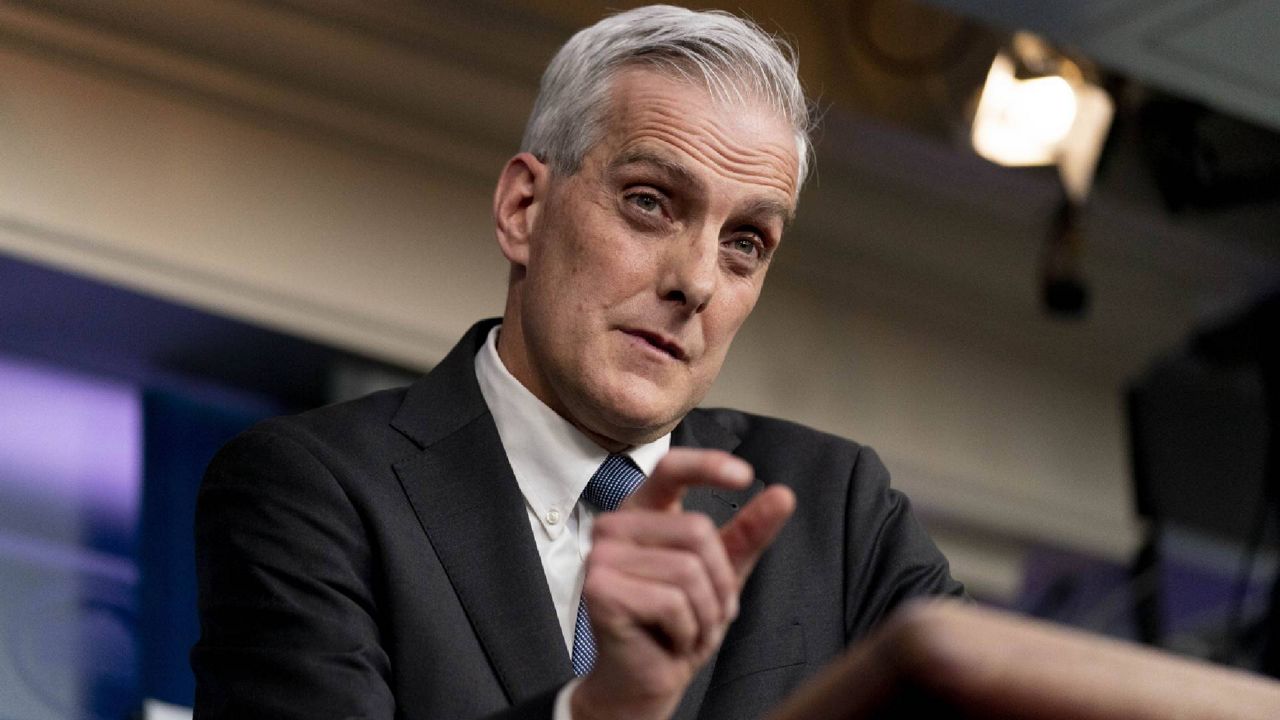The Department of Veterans Affairs is working to vaccinate millions of U.S. veterans quickly with doses shipped directly from the federal government, Secretary Denis McDonough said in a White House briefing Thursday, though supply is still an issue.
In his first appearance in the briefing room as a member of President Biden’s cabinet, Secretary McDonough said VA providers were often getting shots into veterans’ arms within two to three days of receiving them.
As of March 3, the department had given 1.6 million initial shots and fully vaccinated nearly one million veterans.
Still, McDonough admitted there were some “frustrations” with scheduling among veterans, and he said supply was still too low given the nine million veterans enrolled in the VA system.
“We're trying to demonstrate at VA that we're very efficient at moving it through, in the hopes that – as there's extra – that it comes our way,” McDonough said Thursday.
The department receives its doses directly from the federal government, including more than 71,000 doses of the newly-approved Johnson & Johnson vaccine this week.
At this stage of the pandemic, more than 10,000 veterans have died from COVID-19, according to a Veterans Affairs tracker. McDonough said the department was prioritizing those over 65 years old by having “schedulers” directly reach out to set vaccine appointments.
“Our department remains fully committed, obviously, to fulfilling the sacred obligation that President Biden has made clear: We have to [serve] those who serve in uniform,” he said.
The secretary also explained that vaccine schedulers were intended to prevent overlap between the VA health care system and veterans’ other personal providers.
On Thursday, McDonough said hesitancy about getting the vaccine was not as prevalent among veterans as expected, and he said the department was vaccinating Black, Latino and white veterans nearly equally.
“We're surprised that hesitancy is less than we feared. Now, that doesn't mean that we're not going to confront it,” he said. “But right now, we're seeing significant demand, that demand outstripping supply.”
Last month, Pentagon officials testified that about one-third of service members had not opted in to get the vaccine. The Department of Defense has left the decision up to soldiers, and choosing not to be vaccinated does not disqualify them from deployment.



